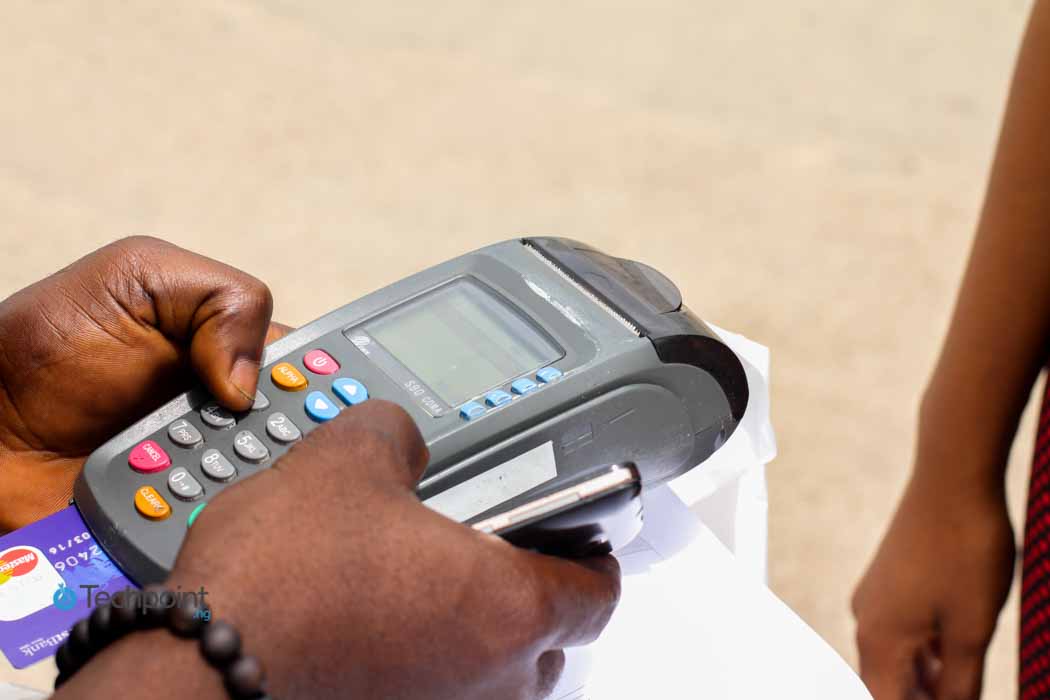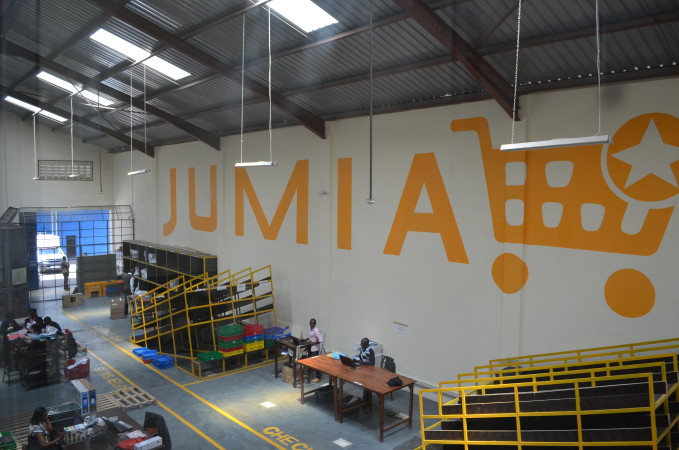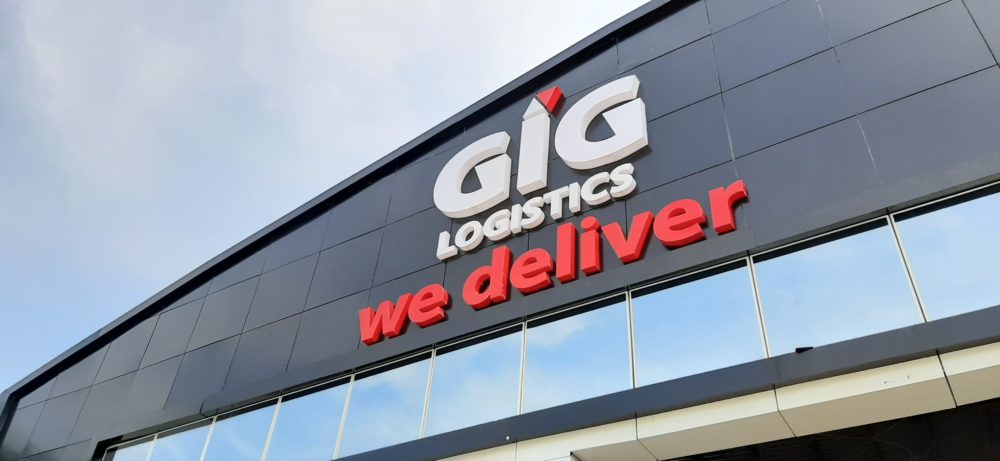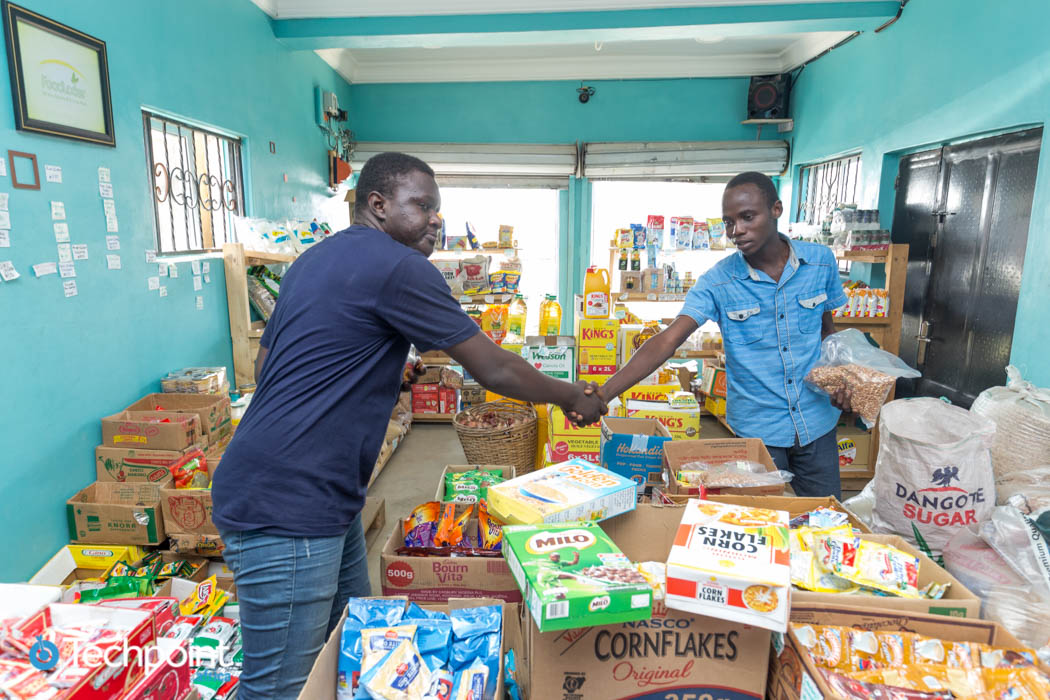eCommerce
Techpoint Africa covers African eCommerce startups and their journey, headlining their struggles, successes and breakthroughs.
Top stories

Find out how this thrift clothes vendor is gaming Instagram’s algorithm to make over a million naira a month in this week’s #EverydayPeople article.

B2B eCommerce startup, TradeDepot, has raised $110 million in a Series B round. @chigo_nwokoma explores what it means for Africa’s struggling eCommerce sector.

Nigerian eCommerce platform, MallforAfrica, has shut down operations in Africa, and a possible rebranding could be on the way. Following a trail of customers complaining of lost funds and rumours of investor discontent, @eruskkii digs deep into the story of MallforAfrica’s hiatus.

Seemingly moving away from its online classifieds model, Jiji acquires Cars45 with an eye on Africa’s transactional marketplaces. More acquisitions could follow.

In the first quarter of 2021, Jumia experienced mixed results of dwindling profits and plummeting revenue once again. Looking at the past 18 months, how well do its numbers show a path towards profitability?

Africa focused eCommerce giant, Jumia, has announced its earnings for the final quarter and the full year 2020. Though losses continue to drop, there’s much slower growth compared to 2019. Find out more

Nigerian logistics giant, GIG Logistics, has launched the GIGL Class Plan, a solution that wants to address the problems of delivery cost for eCommerce merchants within and outside Nigeria

Despite the failures of the past few years, there appears to be renewed interest in Nigeria’s eCommerce and logistics industry. However, infrastructural and regulatory problems are still significant worries.

Jumia’s financial report for Q2 2020 reveals that the eCommerce giant saw the entire value of its sales drop during the pandemic. Despite this drop, the company saw its loss decline for a second consecutive quarter as it continues its search for profitability

Founded in 2017, YDS helps Nigerians easily access products from brands they love. Led by Surayyah Ahmad, the startup is bringing offline stores online so customers can pay for products in instalments without interest.

Nigerian fintech startup, Flutterwave has launched Flutterwave Store to bring more small businesses online. The platform will be available in 15 African countries including Ghana, Kenya, Nigeria and South Africa.

After exiting a few countries towards the end of last year, and with its fashion line temporarily suspending deliveries due to the lockdown, Jumia expands its e-commerce operations to keep operations alive in South Africa.

Roughly a year after its IPO in 2019, Africa’s largest eCommerce platform, Jumia, looks set for another phase as its parent company, Rocket Internet, sells off its remaining shares in the firm.

The Lagos State Environmental Protection Agency recently announced sealing off a Jumia warehouse in Lagos, but insider sources reveal that it has since been unsealed and essential items are still being delivered.

In the wake of the COVID-19 pandemic, the Kenyan Association of Manufacturers has launched an online shopping portal for locally manufactured goods and raw materials, in order to forestall disruptions in distribution.

JumiaPay hits $135 million as losses continue to soar: Highlights from Jumia’s 2019 financial report
Africa’s largest eCommerce platform, Jumia, has announced its financial results for Q4 2019 and full year 2019, where it reported a loss of 61.1 million, accompanied by encouraging numbers on its e-payment platform

How recent activities by Jiji and insights from its co-founder/CEO point to the fact that there are still prospects for the classifieds space in Africa.

Unlike its media-savvy and VC-backed counterparts in Nigeria, GIG Logistics has maintained a relatively low profile in the online space. But it has a bigger impact on the eCommerce industry than you might imagine.

Just a few weeks after closing its eCommerce businesses in Tanzania and Cameroon, and laying off staff in Kenya, Jumia will stop handling the operations of one of its subsidiaries, Jumia Travel.

Having witnessed its struggles over the years, current trends and insights from industry players suggest a hands-on approach to the online sale of groceries could be the missing piece in the Nigerian e-commerce puzzle.
